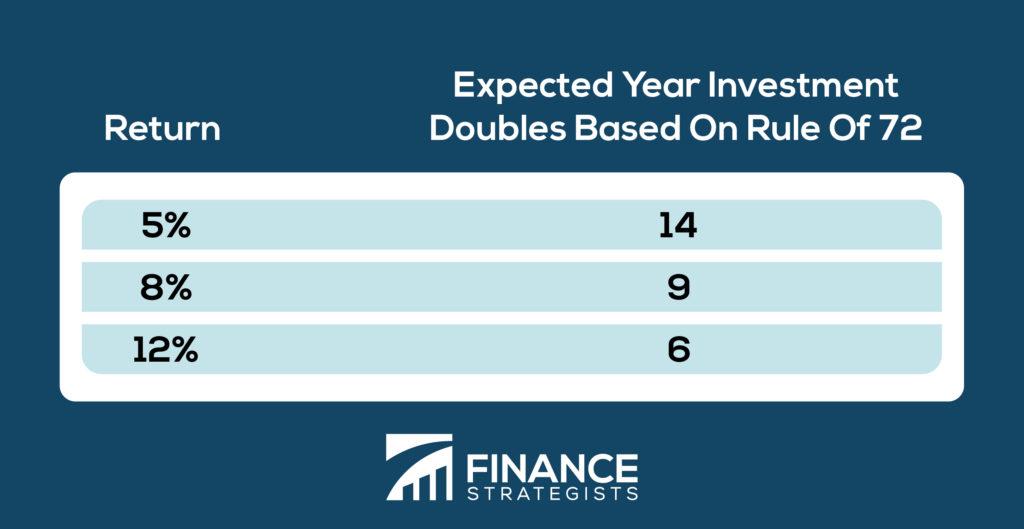In the realm of inheritance taxes, there exists a rule shrouded in mystery and confusion - the 7-year rule. This curious regulation has left many scratching their heads and wondering what exactly it entails. Let’s unravel the mystery and shed some light on the intricacies of the 7-year rule in inheritance tax.
Understanding the concept of the 7-year rule
Many people often wonder about the mysterious 7-year rule when it comes to inheritance tax. This rule dictates that gifts made by an individual will be exempt from inheritance tax if they survive for at least 7 years after making the gift. If the individual passes away within this 7-year period, the gift may still be subject to inheritance tax based on a sliding scale. It is crucial to understand the implications of this rule to effectively plan your estate and minimize tax liabilities.
One key aspect to consider is that gifts made to certain exempt beneficiaries, such as spouses or charities, are not subject to the 7-year rule. Additionally, gifts made within the annual gift exemption limit are immediately exempt from inheritance tax. Properly utilizing these exemptions and understanding the nuances of the 7-year rule can significantly impact the amount of tax owed on your estate. Consulting with a financial advisor or tax professional can help you navigate these complexities and make informed decisions regarding your estate planning.

Implications of the 7-year rule on inheritance tax
Inheritance tax can be a complicated issue, and one important aspect to consider is the 7-year rule. This rule states that any gifts made within 7 years of the individual’s death may still be subject to inheritance tax. This means that if you give away assets or money within this timeframe, it could still be counted as part of your estate for tax purposes.
It’s important to be aware of the implications of the 7-year rule when planning your estate. Some key points to consider include:
- Timing is crucial: Making gifts well in advance of your death can help reduce the potential tax burden on your estate.
- Keep records: Document any gifts made, including the recipient, amount, and date, to ensure accurate reporting to HMRC.
- Seek professional advice: Consulting with a tax advisor or estate planning specialist can help you navigate the complexities of the 7-year rule and minimize your tax liability.

Strategies to minimize inheritance tax liability under the 7-year rule
When it comes to minimizing inheritance tax liability under the 7-year rule, there are several strategies that individuals can consider implementing. One effective strategy is to make gifts during your lifetime, as gifts made more than 7 years before your death are generally exempt from inheritance tax. By gifting assets to your loved ones, you can reduce the overall value of your estate and potentially lower the amount of tax that will need to be paid upon your death.
Another strategy to minimize inheritance tax liability is to take advantage of certain exemptions and reliefs that are available under the 7-year rule. For example, gifts up to a certain value made each year are typically exempt from inheritance tax, as are gifts made in consideration of marriage or civil partnership. By understanding and utilizing these exemptions and reliefs, individuals can help reduce the impact of inheritance tax on their estate.
The Conclusion
In conclusion, understanding the 7-year rule in inheritance tax is essential for anyone looking to pass on their assets to loved ones. By considering the implications of gifts made within seven years of death, individuals can better plan their estate and minimize the tax burden on their beneficiaries. Whether you’re seeking professional advice or simply looking to brush up on your knowledge, being informed about inheritance tax rules can help ensure a smoother transfer of wealth in the future. So remember, knowledge is power when it comes to navigating the world of inheritance tax.











